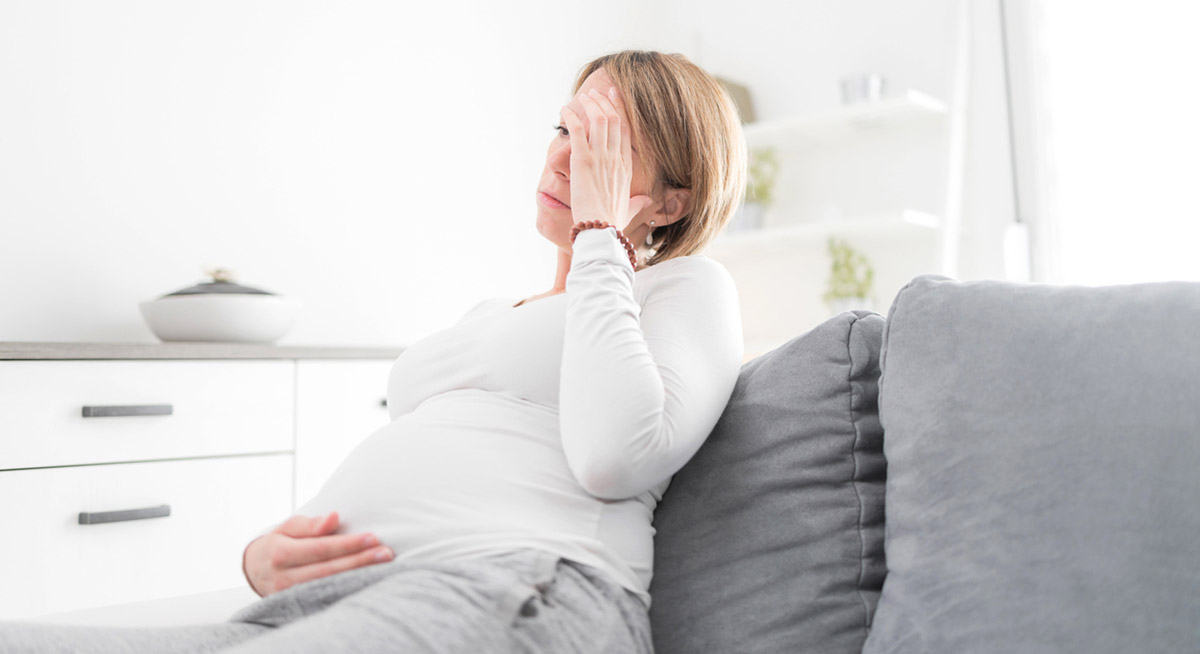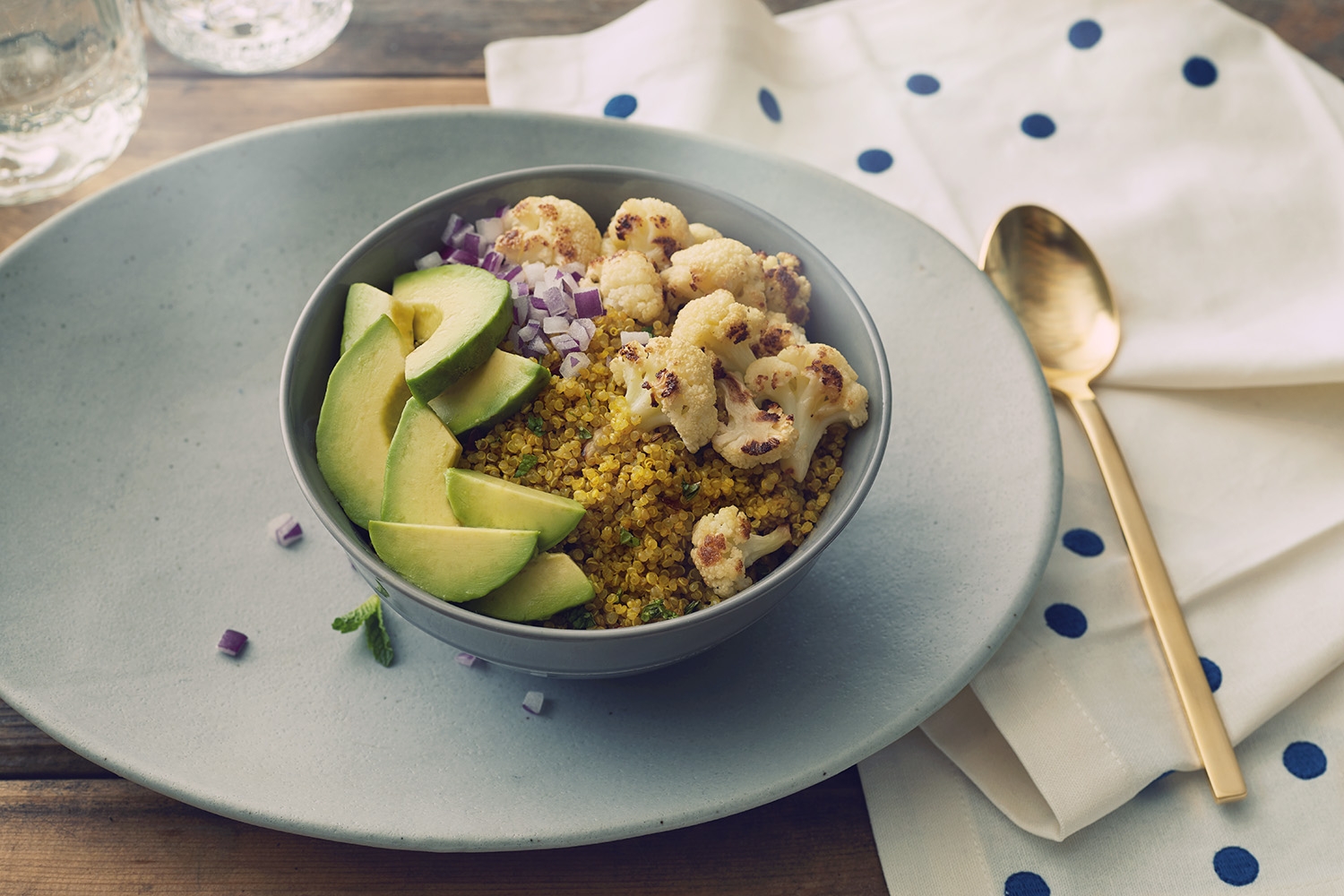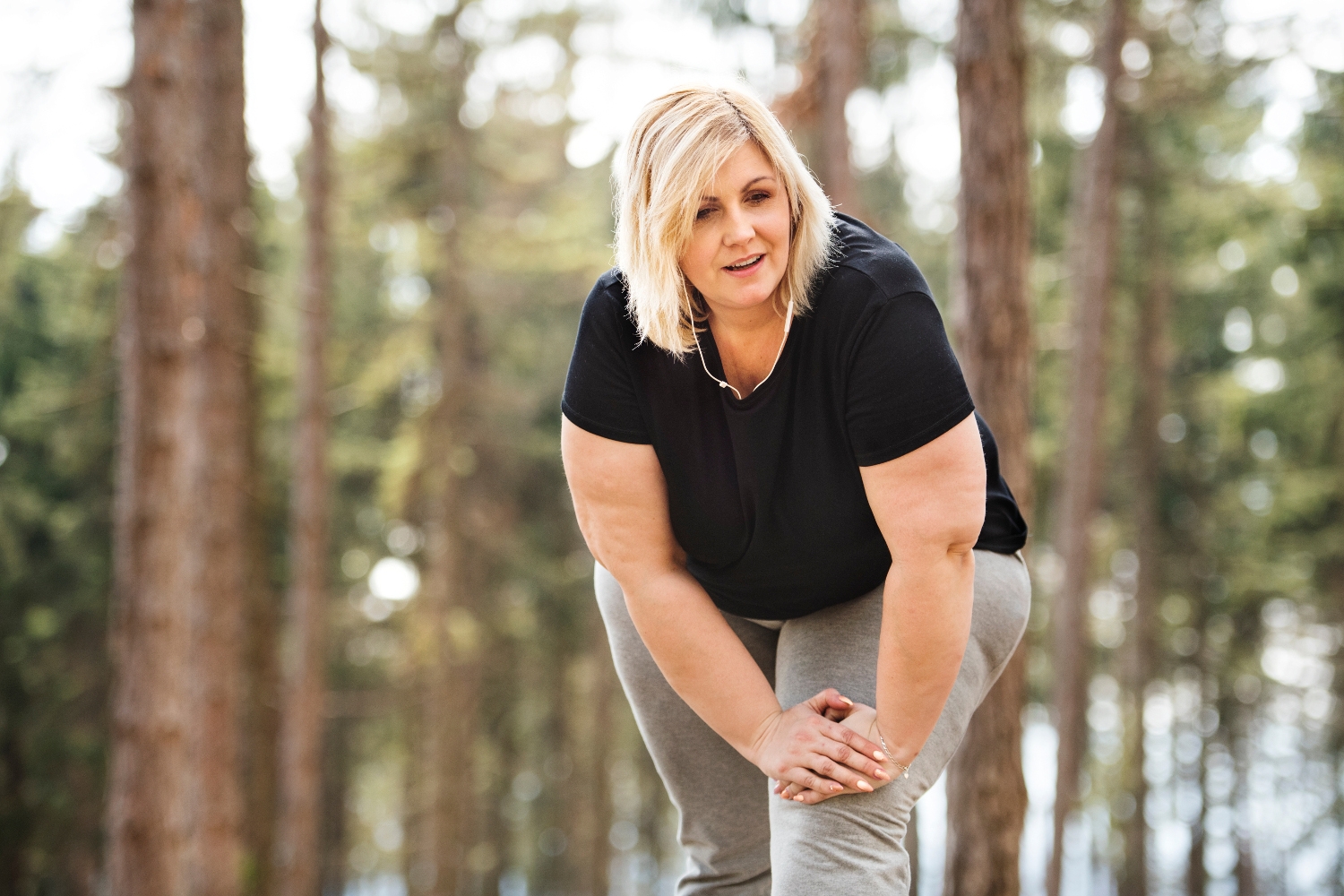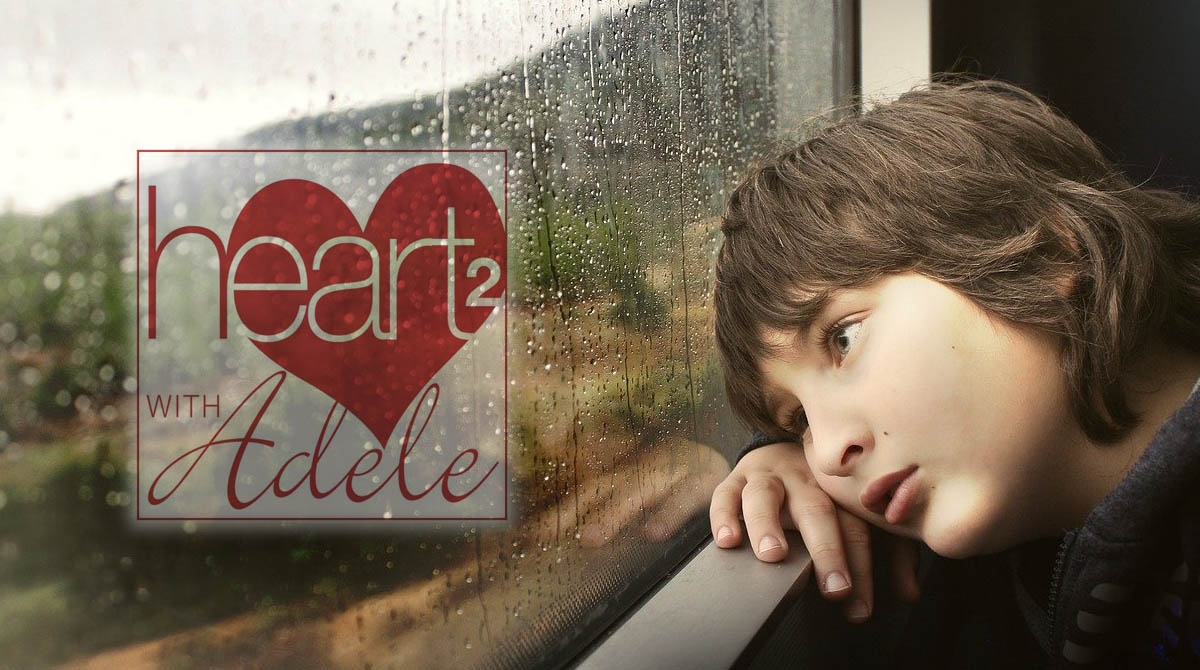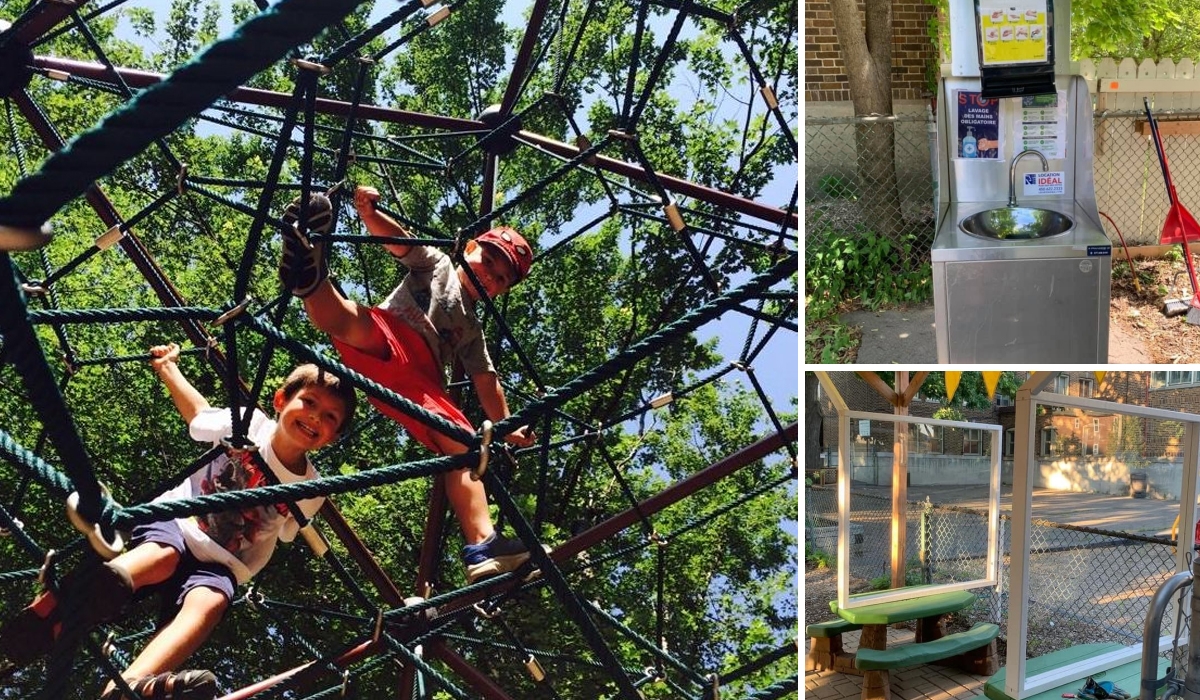
Learn from successful summer camps
By Jack Moncado
Here’s how to keep school kids safe from COVID-19 outbreaks
Across the country, children are returning to school in the fall — and that is excellent news. The pandemic has forced most children to remain home since March and has prevented many of them from seeing their friends for so long that the prospect of returning to school may even spark excitement where it was previously met with dread.
Governments and school boards are currently rolling out important safety protocols, which vary widely from province to province, to keep our kids and teachers safe. Following these safety measures to the letter will be critical for a successful reopening of schools.
But if there’s one lesson those of us working in successful summer camps this year have learned: you have to go above and beyond basic requirements to ensure the safety of our kids.
I spent my summer working as the Health and Safety Coordinator at the Little Red Playhouse in Montreal, a bilingual preschool that offers integration services to special needs children in the community. It was my job to come up with COVID-19 safety policies and ensure they were implemented effectively.
We’ve been operating at full capacity all summer, with a new influx of children each week, many of them with communication and behavioural challenges, without a single COVID-19 case. We aren’t alone. The YMCA has been able to accommodate well over 40,000 children nation-wide without a single COVID-19 outbreak by implementing similar policies.
So, how did we do it?
At the Little Red Playhouse we followed these principles:
Keep groups small
We keep our groups of kids small (six children at a time). Each group has its own designated indoor space to prevent cross-contamination.
Keep records for contact tracing
We keep a contact tracing sheet where we record any breaches of the usual protocol so that if someone does contract COVID-19, we know who they may have come in contact with.
Clean surfaces frequently
We clean items and equipment several times per day and the entire facility gets a nightly deep clean.
Wash hands frequently
We make the children wash their hands every time they enter or leave the building, before and after every transition, before and after lunch and at various other times throughout the day.
Mandatory masks
We made masks mandatory for every staff member at all times. If a child was learning language and needed to see their instructor’s mouth for reference, a visor would be used instead.
Plexi glass between close quarters
We fitted some of our picnic tables for the youngsters with plexiglass to avoid unnecessary contact. We also fitted our office spaces with plexiglass to ensure several staff members could work at the same time.
Go outside
We encouraged groups to go outside as often as possible. We also installed a tent outside so children can benefit from being outdoors while taking shelter from the sun and rain.
Contactless everything
We made all of our paper documents digital; from incident reports to authorization forms to contracts, everything was done digitally and without the need for physical contact.
Social distancing
Groups of children would social distance from one another and staff members would social distance from children and other adults whenever possible. Lunch breaks were taken apart to allow for social distancing at a time where masks must come off. Kids can social distance and still have fun!
Clear stay-at-home policies
We had clear policies on when children and staff should stay home (i.e., if they exhibit symptoms). We also had policies for if children or staff exhibit symptoms at work. We also asked parents a series of COVID-19 safety questions each day at drop off and we made our staff answer similar safety questions each day before work with an online Google form.
Upgraded cleanliness facilities
We installed exterior hand washing stations to ensure children washed their hands before entering the premises. We also made sure to have contactless garbage cans, installed paper towel dispensers throughout the facility and added “to be cleaned bins” for toys and other items that needed cleaning but could not be done immediately.
Admittedly, schools may have different constraints than summer camps, particularly surrounding group sizes, but many of these principles could be adapted and help schools reopen and return to normalcy, carefully — an approach most Canadians want to take.
Schools should learn from summer camps. Kids belong together, but we also need to keep them, and our communities, safe.
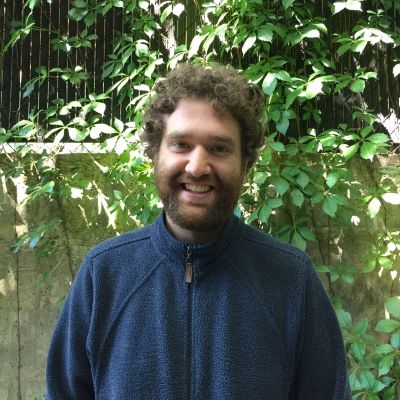
Jack Moncado is an undergraduate student in environment science at McGill University. He was hired at the Little Red Playhouse (http://www.thelittleredplayhouse.com/) to help them create, adhere to and enforce COVID-19 policies and to keep staff, students and the wider community safe.
Photo: Mladen Borisov, Unsplash

